Why Japan’s coastal zones might be disappearing due to climate change
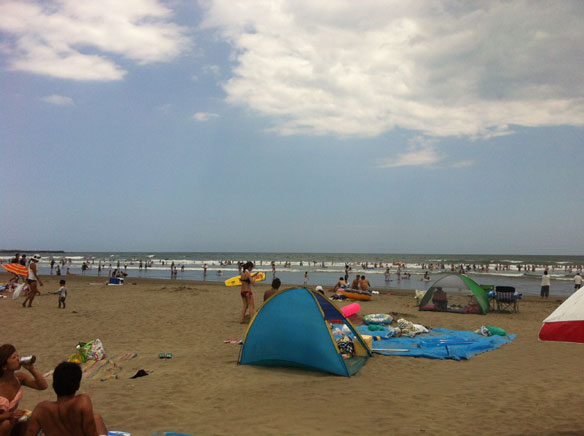
Climate change can cause a range of effects on coastal environments, such as a decrease in sediment supply, changes in the intensity and frequency of extreme events, and changes in sea levels and wave climate. The estimation of changes due to climate change is a major issue for future coastal management decisions.
Heritage at Risk: How Rising Seas Threaten Ancient Coastal Ruins
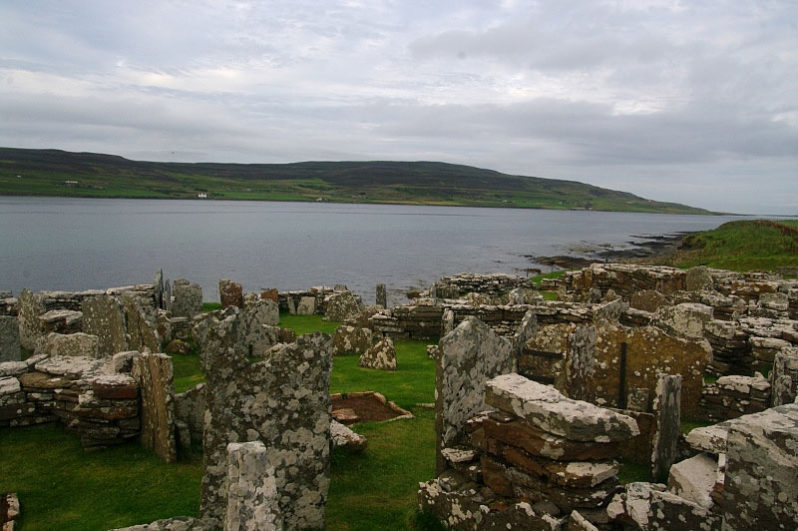
The shores of Scotland’s Orkney Islands are dotted with ruins that date to the Stone Age. But after enduring for millennia, these archaeological sites – along with many others from Easter Island to Jamestown – are facing an existential threat from climate change.
Giant iceberg splits from Antarctic
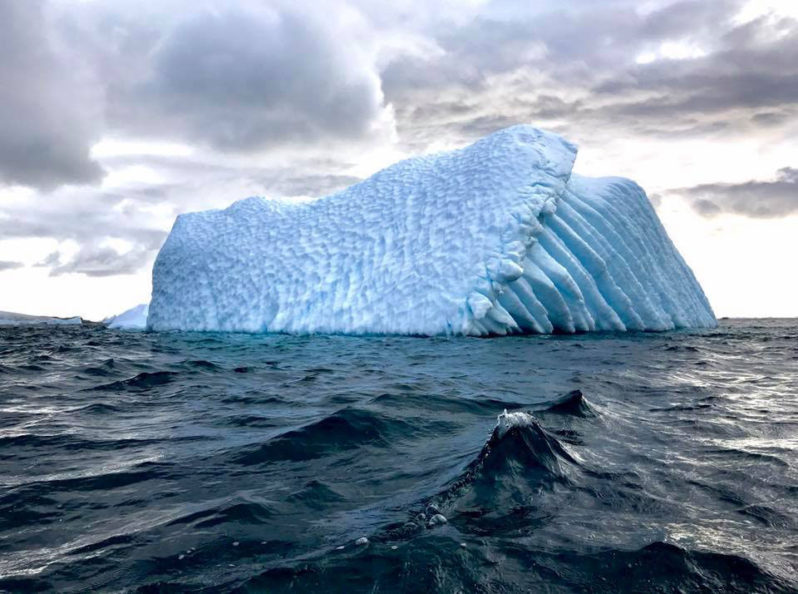
One of the biggest icebergs ever recorded has just broken away from Antarctica.
As Seas Rise, Tropical Pacific Islands Face a Perfect Storm
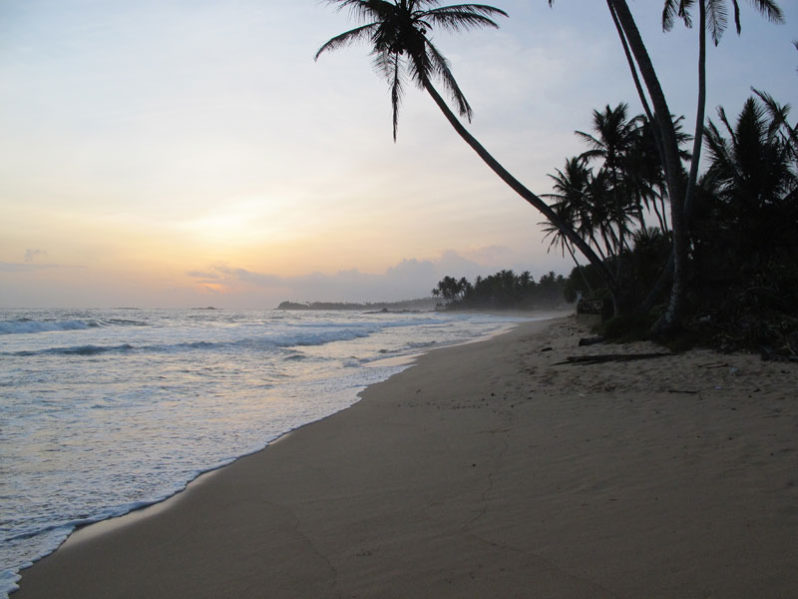
Although they have done little to contribute to global warming, Pacific islanders may face some of the most dire consequences of rising seas. In a Yale e360 interview, geologist Chip Fletcher describes the threats confronting Hawaii and other islands and discusses potential adaptation strategies.
Trump’s alarming environmental rollback: what’s been scrapped so far
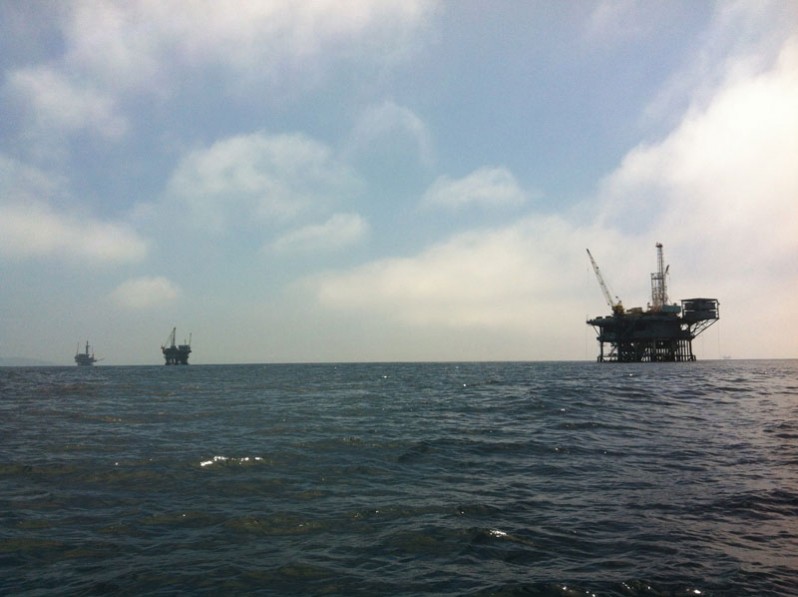
Since January, the White House, Congress and EPA have engineered a dizzying reversal of regulations designed to protect the environment and public health.
Hundreds of US mayors endorse switch to 100% renewable energy by 2035
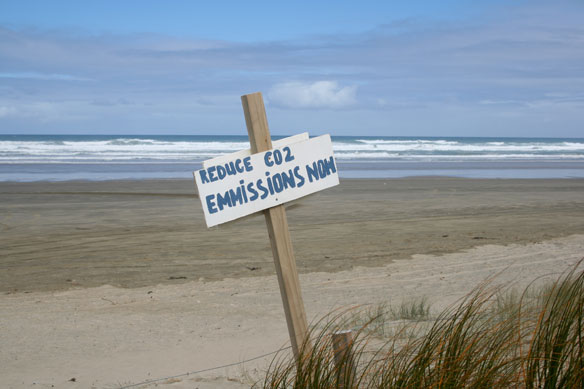
As the US Conference of Mayors wrapped up in Miami Beach on Monday, a bipartisan group of mayors from more than 250 cities across the country, has unanimously backed an ambitious commitment for US cities to run entirely on renewable sources such as wind and solar by 2035.
Feeling the Heat: How Fish Are Migrating from Warming Waters
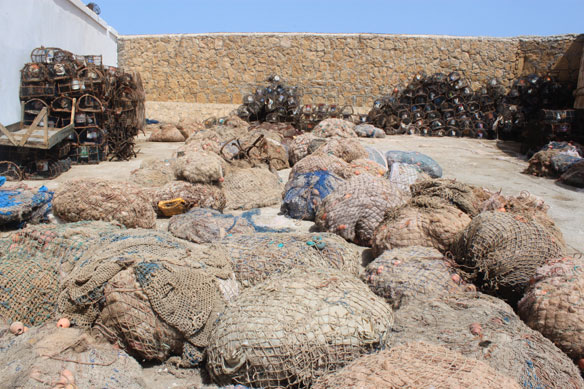
Steadily rising ocean temperatures are forcing fish to abandon their historic territories and move to cooler waters. The result is that fishermen’s livelihoods are being disrupted…
Rising seas could result in 2 billion refugees by 2100
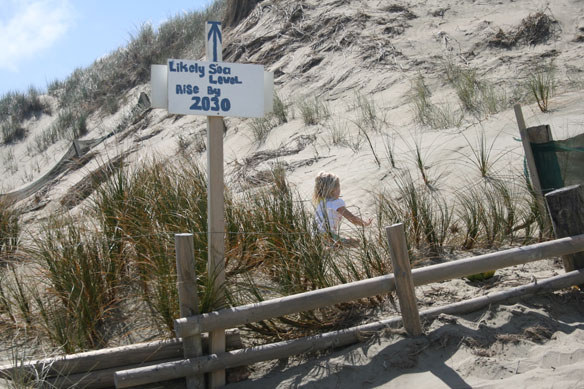
In the year 2100, 2 billion people — about one-fifth of the world’s population — could become climate change refugees due to rising ocean levels. Those who once lived on coastlines will face displacement and resettlement bottlenecks as they seek habitable places inland, according to new research.
Paris agreement’s 1.5C target ‘only way’ to save coral reefs, Unesco says

First global assessment of climate change impact on world heritage-listed reefs says local efforts are ‘no longer sufficient’…
